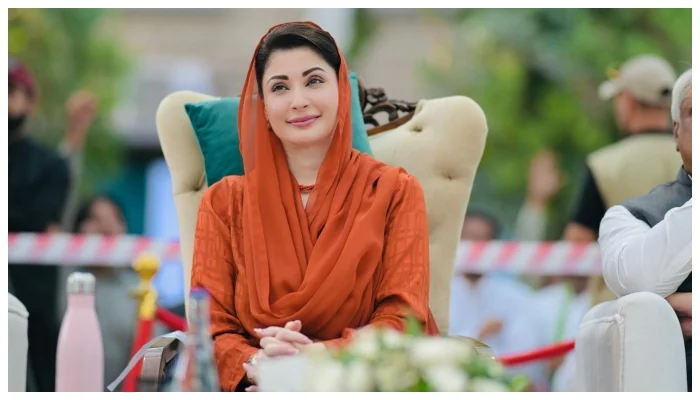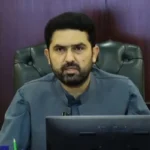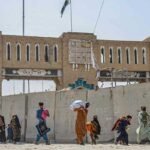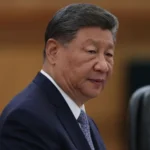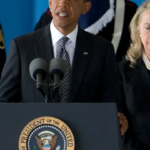Punjab Chief Minister Maryam Nawaz reaffirmed on Monday that her government would rely solely on provincial resources to support and rehabilitate citizens affected by the recent floods. Speaking at a ceremony in Okara, where she distributed flood cards among victims, Maryam emphasized that Punjab’s people would not depend on external assistance, making it clear that her administration would manage the crisis independently.
“I did not stretch my hands before anyone. I have protected the self-respect of Punjab’s people,” she stated, highlighting her commitment to self-sufficiency and dignity in disaster response. Her remarks appeared to respond to Pakistan Peoples Party (PPP) Chairman Bilawal Bhutto-Zardari’s earlier call for the federal government to seek international aid for flood victims.
Last month, Bilawal had expressed concern over what he described as an unnecessary delay in reaching out to the global community for help. “This is standard practice for disasters of this scale internationally. It was done for the last floods when I was the foreign minister, before that, the 2010 floods and the 2005 earthquake. Countries all over the world do the same within the first 72 hours of such disasters,” he said.
The exchange between the two key coalition partners, the PML-N and PPP, led to an intense political back-and-forth over the handling of flood relief and the use of the Benazir Income Support Programme (BISP) for compensation distribution. The disagreement triggered a brief verbal dispute between the allies, highlighting differences in their approach to disaster management and public welfare initiatives.
However, tensions eventually cooled after a high-level PML-N delegation—including Deputy Prime Minister Ishaq Dar, Interior Minister Mohsin Naqvi, and National Assembly Speaker Ayaz Sadiq—visited President Asif Ali Zardari in Nawabshah. The meeting helped restore communication between the two parties, signaling a temporary pause in the ongoing political rift.
During her Okara address, Maryam Nawaz officially announced the start of Punjab’s flood rehabilitation program, assuring affected families that the government would ensure their swift recovery. She noted that her administration was already mobilizing all necessary provincial resources to rebuild damaged infrastructure, restore livelihoods, and provide relief to displaced citizens.
Maryam’s strong stance reflects her broader vision of self-reliant governance, positioning Punjab as capable of handling crises without dependence on external financial aid. The move also underscores her effort to project the PML-N government as proactive and resilient in addressing natural disasters through effective planning, coordination, and execution.
As the province begins its recovery process, the Punjab government’s independent approach to flood management is expected to set a precedent for future disaster response strategies, emphasizing dignity, responsibility, and provincial strength.

